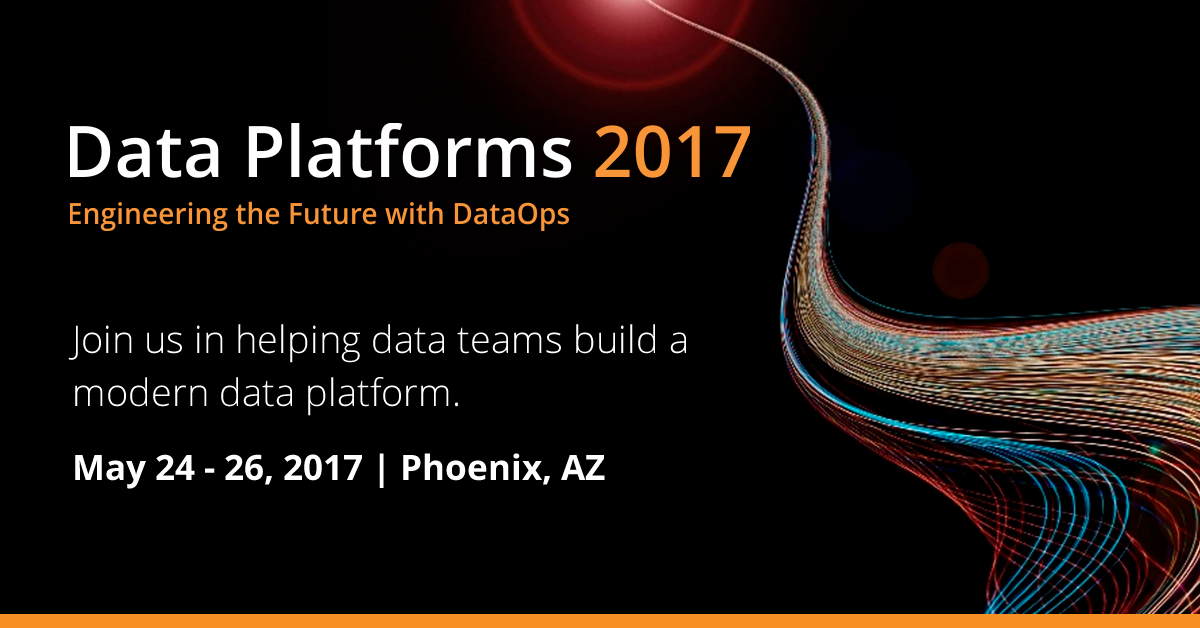This post is authored by Ashish Thusoo, Co-Founder and Chief Executive Officer, Qubole
Ten years ago, I was starting out at Facebook, working to build the Facebook Data Service Team. In those days, the big data landscape was like the Wild West. We were among the first teams to try this new experiment of building a company around deriving value from big data. We were trailblazing, making mistakes along the way, and often finding ourselves stumped over roadblocks that now seem routine.
There were times at Facebook when we would have given a lot to have an intensive dialogue with colleagues who were facing-–and overcoming–the same challenges that we were facing. But, the technology itself was in its early days and the knowledge of how to build it out gracefully and make insights accessible was in an even more profound infancy.
That’s exactly why, after we founded Qubole, we wanted to be a part of something that could bring the best minds together with data professionals at every kind of organization to share best practices and stimulate the kind of idea sharing we would have paid a premium for when we were in the trenches of data infrastructure building.
That something is Data Platforms 2017, and it’s finally happening this May in Phoenix, Arizona. There is no other conference that treats the subject of building the modern data infrastructure as comprehensively as Data Platforms will. In many ways, the challenges that data professionals face now are more complex than they were when we were building the Facebook Data Service Team, because the trailblazers’ success has driven expectations high. Every year, the Hadoop toolbox expands right alongside the expectations of businesses for their data teams to deliver. The potential for success, the complexity of the challenges facing data teams, and expectations are all higher than ever. It’s clear that the time is ripe for a forum of intensive sharing of knowledge and best practices.
Data Platforms is that forum, and will put participants in touch with trailblazers from companies including Facebook, LinkedIn, and Twitter and help data professionals at all levels overcome the roadblocks they face every day. Speakers from major companies will chronicle, for example, their journeys from on-premise, single machine data processing to modern cloud-based Hive and Spark solutions; including the real headaches that kept them stumped for months.
In addition to a thorough survey of solutions to technical challenges, Data Platforms will cover the operational and cultural sides of transition to a modern data infrastructure. This is where Data Platforms really shines, because without success with security, cost and finance, and organizational culture, all the clever technical solutions in the industry would be for nought.
Collectively, as data professionals, we now have the knowledge and expertise to give business the modern data infrastructures it’s demanding; but we can only do it together. We hope to see you at the first Data Platforms conference this May in Phoenix.




